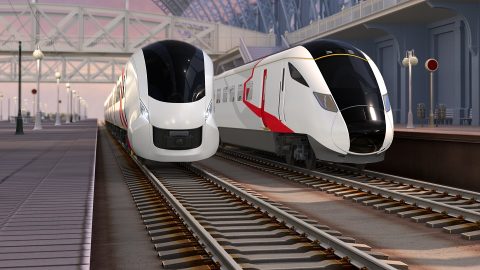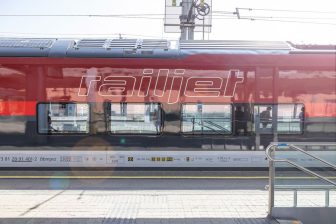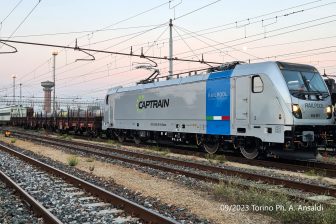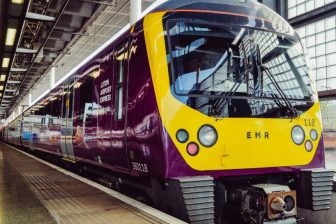
Over 400 battery trains could be introduced in UK
Hitachi battery trains visualisation, source: Hitachi Rail
Two-thirds of the UK’s railway network is non-electrified. This creates great promise and demand for battery-powered trains. Hitachi Rail has estimated the potential of the British market at the level of more than 400 vehicles of this type.
Want to read more?
You have read all of your free premium articles for this month. Please become a subscriber to keep reading.
Subscribe now!
Take advantage of our exclusive offer to get full access to all premium content.



